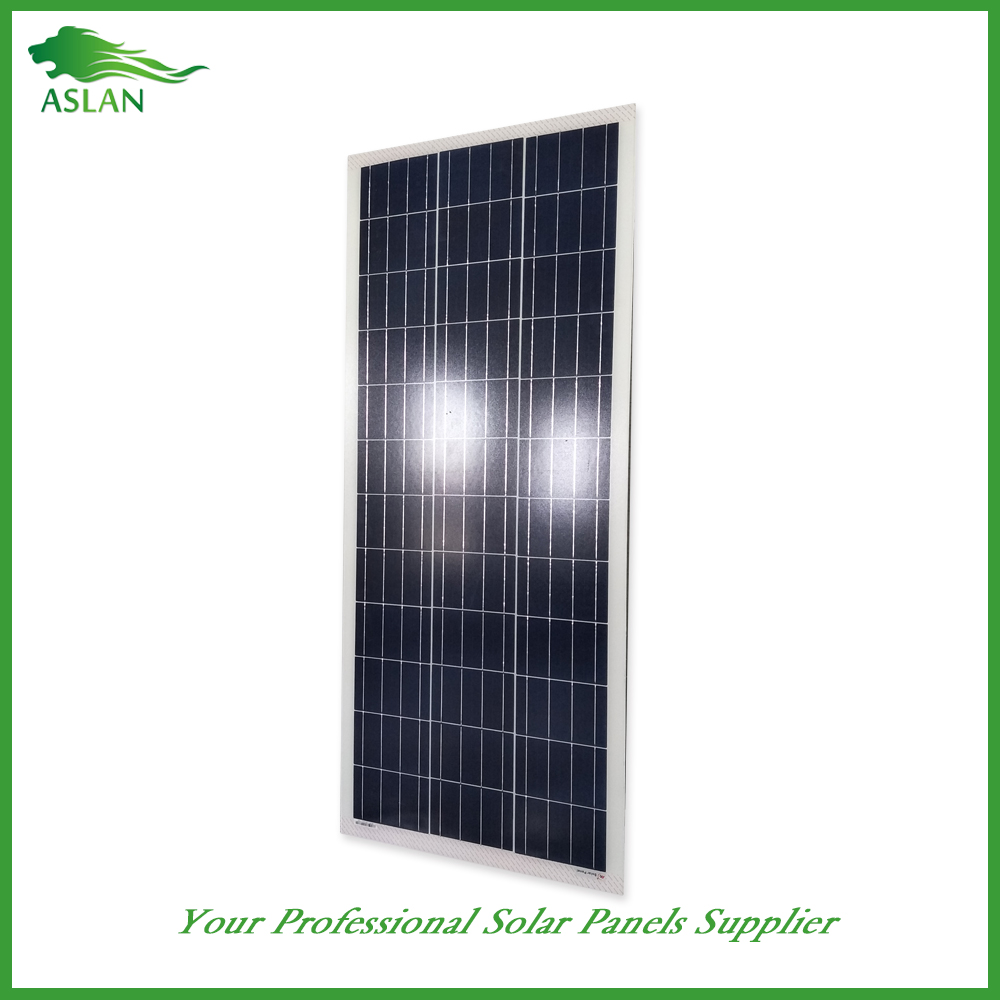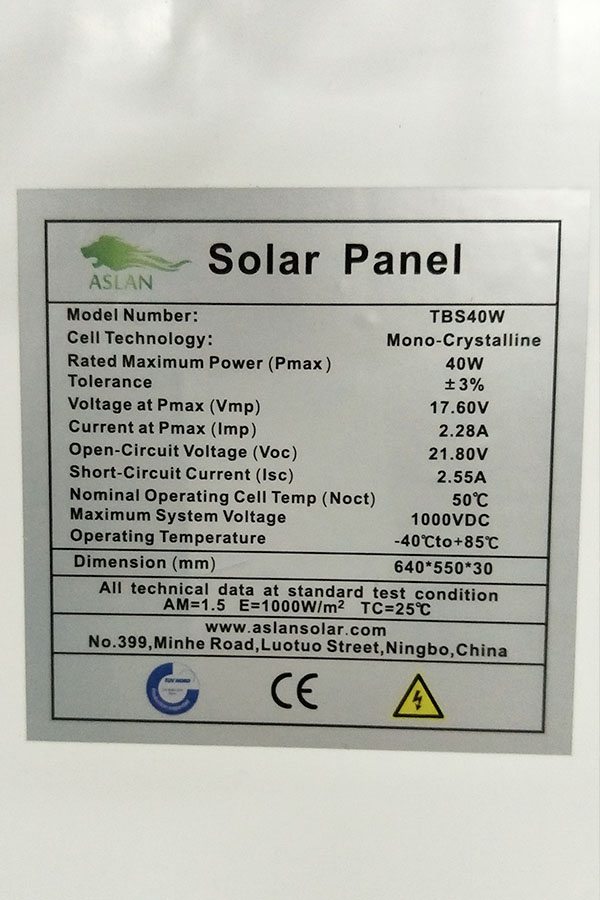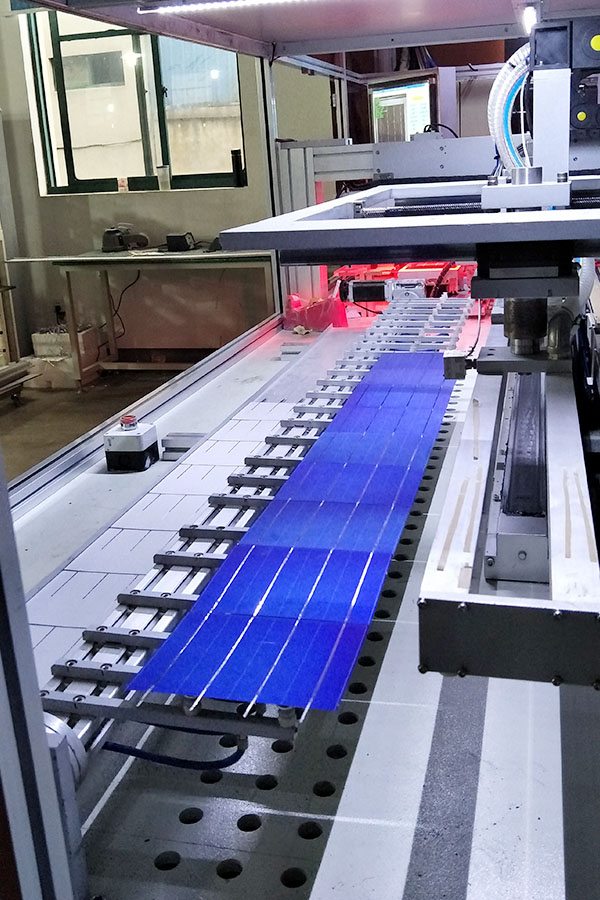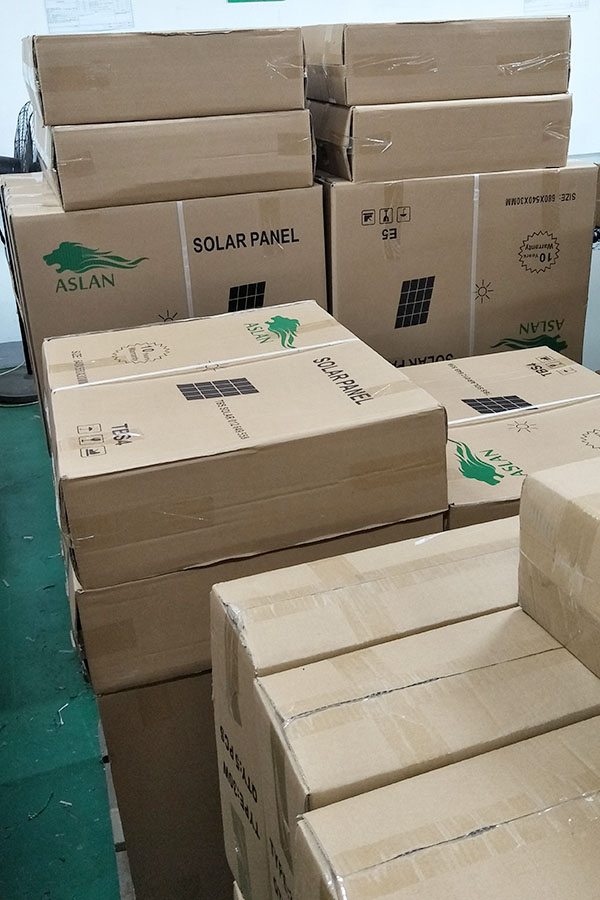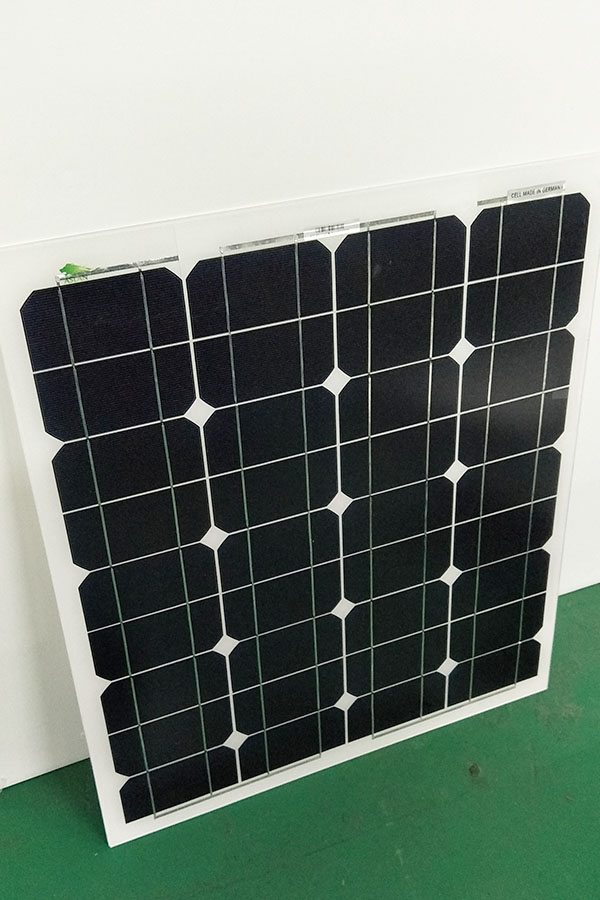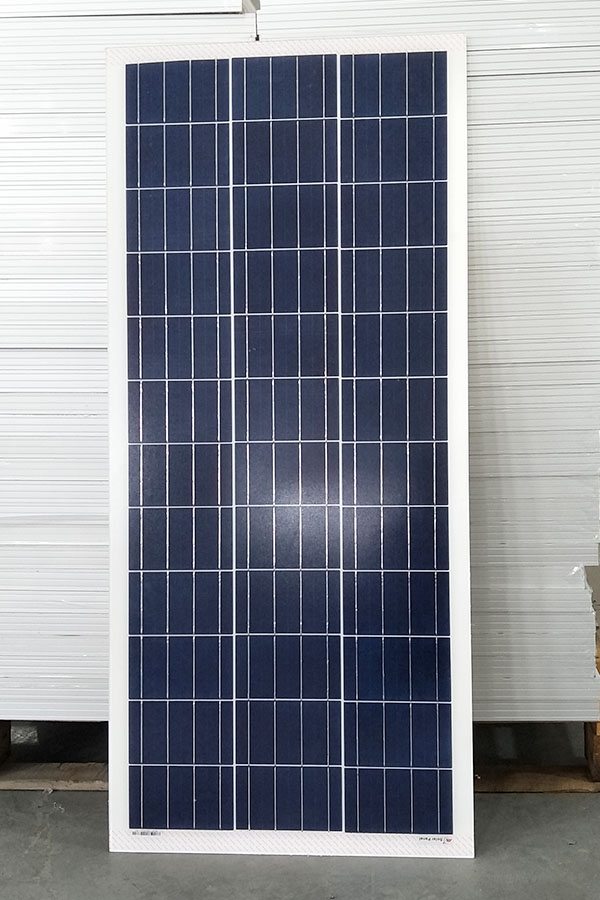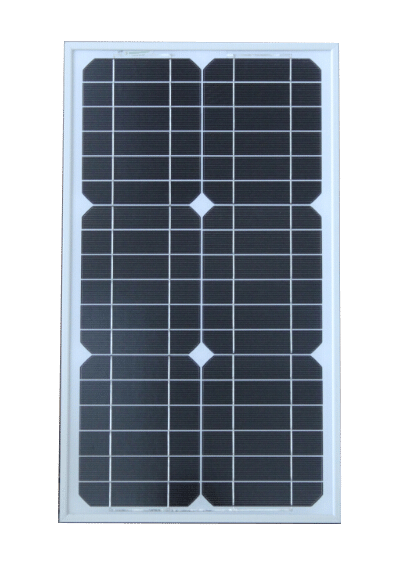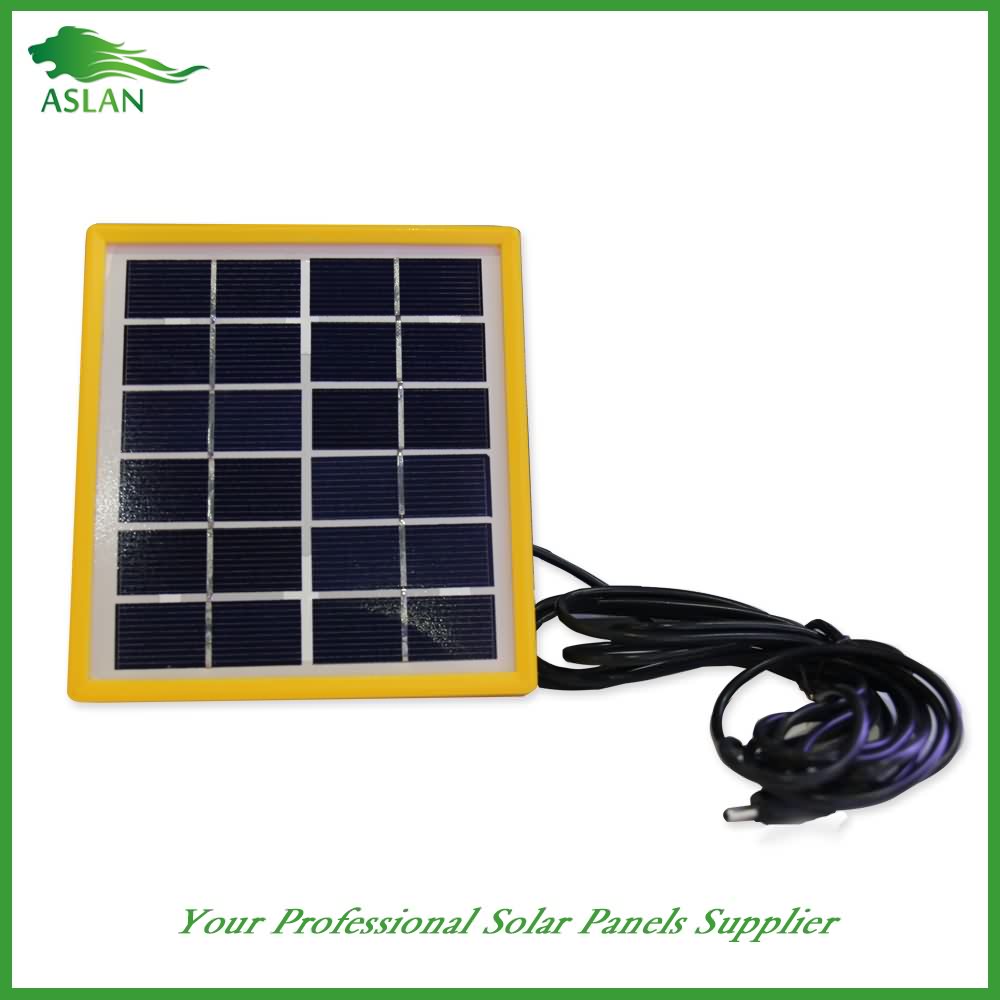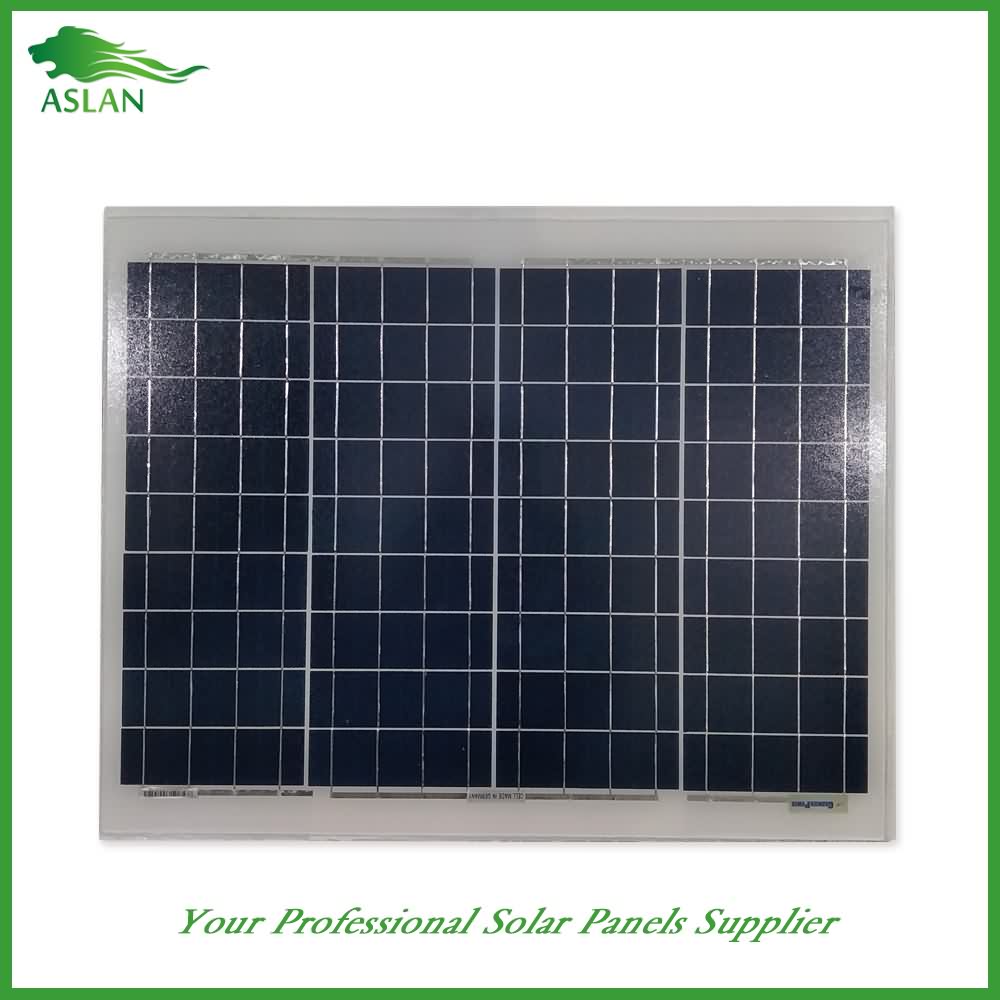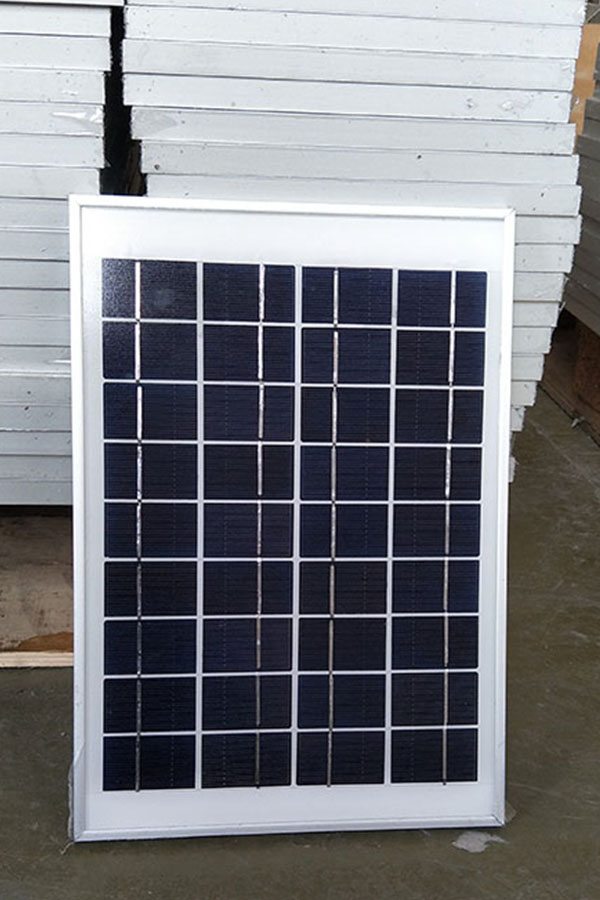Factory directly provided Poly-crystalline Solar Panel 100W for Mongolia
Short Description:
With a positive and progressive attitude to customer's interest, our company continuously improves our product quality to meet the needs of customers and further focuses on safety, reliability, environmental requirements, and innovation of
Factory directly provided Poly-crystalline Solar Panel 100W for Mongolia, Our final goal is "To try the best, To be the Best". Please feel free to contact with us if you have any requirements.
Technical parameter
Maximum Power(W) 100W
Optimum Power Voltage(Vmp) 17.87V
Optimum Operating Current(Imp) 5.60A
Open Circuit Voltage(Voc) 21.45V
Short Circuit Current(Isc) 6.17A
Mechanical Characteristics
Cell Type Polycrystalline 156x104mm (6 inch)
No of Cell 36 (4x9pcs)
Dimensions 1120x678x35mm
Weight 9.7KGS
Front Glass 3.2mm,High Transmission, Low Iron,Tempered Glass
Junction box IP65 Rated
Output Cable TUV 1×4.0mm2/UL12AWG,Length:900mm
Temperature and Coefficients
Operating Temperature(°C): -40°C ~ + 85°C
Maximum System Voltage: 600V(UL)/1000V(IEC) DC
Maximum Rated Current Series: 15A
Temperature Coefficients of Pmax: -0.435%
Temperature Coefficients of Voc: -0.35%
Temperature Coefficients of Isc: 0.043%
Nominal Operationg Cell Temperature (NOCT): 47+/-2°C
Materials of solar panel
1).Solar Cell——Polycrystalline solar cell 156*52mm
2).Front Glass——-3.2mm, high transmission, low iron, tempered glass
3).EVA——-excellent anti-aging EVA
4).TPT——-TPT hot seal made of flame resistance
5).Frame——anodized aluminum profile
6).Junction Box——-IP65 rated, high quality, with diode protection
Superiority: high quality anodized aluminum frame, high efficiency long life, easy installation, strong wind resistance, strong hail resistance.
Features
1. High cell efficiency with quality silicon materials for long term output stability
2. Strictly quality control ensure the stability and reliability, totally 23 QC procedures
3. High transmittance low iron tempered glass with enhanced stiffness and impact resistance
4. Both Poly-crystalline and Mono-crystalline
5. Excellent performance in harsh weather
6. Outstanding electrical performance under high temperature and low irradiance
Quality assurance testing
Thermal cycling test
Thermal shock test
Thermal/Freezing and high humidity cycling test
Electrical isolation test
Hail impact test
Mechanical, wind and twist loading test
Salt mist test
Light and water-exposure test
Moist carbon dioxide/sulphur dioxide
See blog post – http://www.loveyourrv.com/rv-solar-power-system-detailed-install-advice-and-tips/
In this video Eddie explains wiring up the battery bank and how to custom make the wire connectors.
———————————–
Follow our RVing adventures at http://www.loveyourrv.com and http://rvhappyhour.com
Connect with Love Your RV!
Pinterest ► https://www.pinterest.com/loveyourrv
Google+ ► https://plus.google.com/+LoveYourRVonGPLUS
Facebook ► https://www.facebook.com/LoveYourRV
Twitter ► https://twitter.com/loveyourrv
Blog Feed ► http://feeds.feedburner.com/LoveYourRV
Monthly Newsletter ► http://www.loveyourrv.com/mailing-list-sign-up/
Don’t forget to Subscribe! ► http://www.youtube.com/subscription_center?add_user=LoveYourRV
The simple solar garden lights (made in China) often consist of only 1 LED, 1 small solar panel and 1 (1,2V) NiCd or NiMh battery. This circuit shows how you can “boost” this circuit by switching a power LED on. This power LED is supplied by a seperate (more powerful) solar cell, that charges a more powerful battery. A BD 139 and a BC 547 work as current amplifiers (Darlington). Of course you can also make it in such a way that the garden light, when it becomes dark, switches something else on, e.g. with a 5 volt print relay instead of the power LED. Possibly you need a series resistor to the relay (with voltages higher than 4 Volt, value between 20 and 100 Ohm, depends on the coil resistance from the relay). More simple transistor circuits in my book “Schematics 1″, available on the Lulu website. Content: www.lulu.com/content/ 4734386.
nb: “treasure voltage” = treshold voltage
nb: The reason that I used an LDR is that these garden lights are high frequency oscillators (like the joule thief). So it is an oscillating system and every external influence (even tiny influences) can damp the oscillator and stops its oscillation. So I took the “sure” way to make the circuit work. Perhaps a very slight coupling via a small value capacitor can replace the LDR and drive the Darlington properly. I encourage everyone to experiment and publish a circuit on a YT channel.
